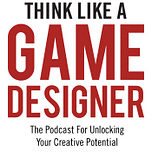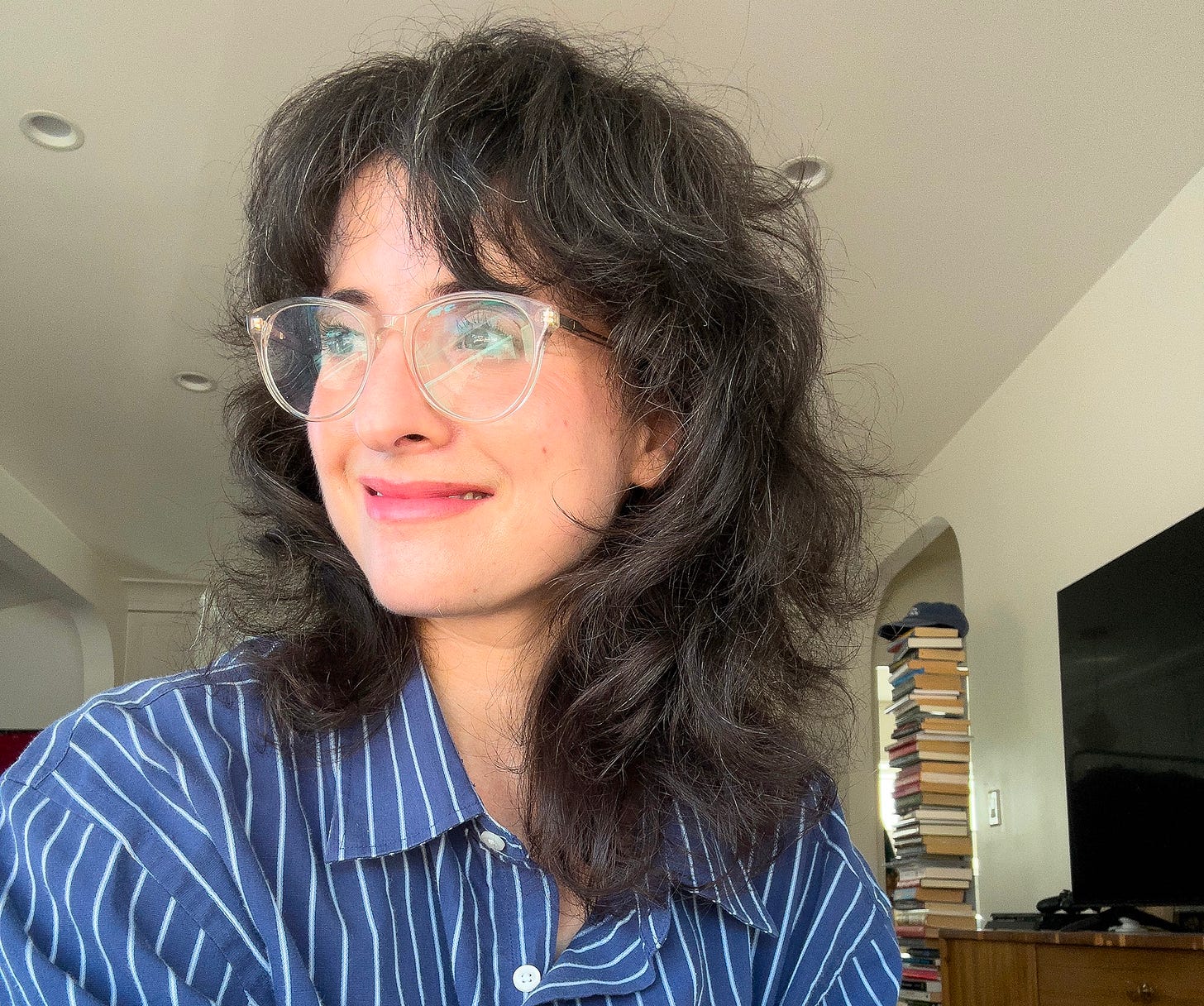About Dafna Pleban
Dafna Pleban is a veteran comic book editor and narrative developer whose career spans over 15 years across original and licensed publishing. Best known for her work at BOOM! Studios, Dafna has overseen hundreds of issues, helping launch award-winning titles like Lumberjanes, Fence, Seven Secrets, and Goldie Vance. She’s worked with major creators including Tom Taylor, Mark Waid, and Kieron Gillen, and has shepherded beloved franchises such as Buffy the Vampire Slayer, Dune, Planet of the Apes, Star Trek, and Power Rangers.
Dafna’s creative journey began at UCLA, where she majored in English after pivoting from microbiology and discovering her strengths lay in storytelling, not science labs. A lifelong comics fan, she broke into the industry through sheer hustle—running a podcast to score a press pass to Comic-Con, then turning that passion project into a marketing job at BOOM! and eventually into an editorial career.
In this episode, Dafna reveals what it really means to be an editor in comics—from juggling creators and licensors to surviving the relentless pace of monthly publishing. We talk about the role of stress in the creative process, the economics behind launching a successful comic, and how great editors build trust, teams, and stories that resonate. Whether you’re looking to pitch your first comic or just want a glimpse behind the curtain of franchise storytelling, Dafna’s journey offers a masterclass in making creativity sustainable.
Find Some of the Comic’s Dafna’s Worked on Here.
Big News!
We've just launched a 7-Day Game Design Crash Course for paid subscribers! As a member, you’ll also get full access to my article archive and the subscriber-only Designer Newsletter, and you’ll be helping keep this publication and podcast free for the wider community.
Ah-ha! Justin’s Takeaways
Art Is Money (and That’s Not a Bad Thing): Dafna laid it out plain: if you're creating anything beyond your own private sketchbook, money is part of the process. From the Renaissance to modern comics, art and commerce have always been intertwined. And how you plan to get paid shapes what kind of art you can make and who it’s for. A monthly comic gives you more storytelling freedom, but also demands punishing deadlines. A blockbuster movie costs millions—and needs mass appeal. This hit home for me. It’s not “selling out” to think about your business model—it’s essential to making your art sustainable.
Start by Making Something—Anything: One of my biggest takeaways was that when making art, you can’t wait for permission. Whether it’s self-publishing a zine, launching a Webtoon, or printing your own first issue, getting something into the world is the best way to open doors. That momentum can lead to freelance gigs, franchise work, or even your dream IP. The important thing is to start. Dafna’s own story—from podcast to full-time editor—shows how building something small can turn into something huge.
Deadlines Are Magic (and Medicine): Dafna dropped a line that I loved: Deadlines are a horizon for decision-making. In creative work, it’s easy to get paralyzed by perfectionism or lost in limitless possibilities. But a deadline forces your hand—it turns vague ideas into actual choices. Dafna called it one of the most powerful tools in the creative process, and I couldn’t agree more. It’s not just about pressure; it’s about clarity. This idea reframed deadlines not as stressors, but as a kind of creative medicine. When used right, they don’t just push you—they free you.
Show Notes
“My whole job as an editor is stress.” (00:02:38)
Dafna opens the episode by demystifying what it really means to be an editor in comics—managing multiple timelines, juggling collaborators, and never quite being “on time.” Her frank admission reframes stress not as a weakness, but as a core part of the job. This is a powerful insight for any creative professional learning to navigate pressure while still producing great work.
“Faking a podcast is just making a podcast.” (00:15:25)
Dafna’s unconventional path into comics—from a “fake” podcast to marketing gigs—highlights the power of persistence and proximity. Rather than aiming straight for her dream role, she stayed close to the industry she loved until a door opened. This segment offers a lesson in playing the long game and following your curiosity, even if it means zig-zagging your way forward.
“Art has always been tied to commerce.” (00:41:04)
In this segment, Dafna debunks the myth of the pure, untouched artist by reminding us that even hobbyists rely on economic structures—time, tools, and support—to create. For working professionals, the type of art you make is directly shaped by how it gets funded. Whether it’s monthly comics or prestige films, understanding the financial frame is essential to understanding the creative one.
“We are making these things to be consumed by human beings—so we have to make them with human beings.” (00:58:26)
As the conversation turns to the future of creativity, Dafna stakes a clear position on the value of collaboration. Amid growing concerns about isolation and automation, she centers human connection as the heart of meaningful creative work. It’s a moving reminder that storytelling is not just about output—it’s about community.














Share this post